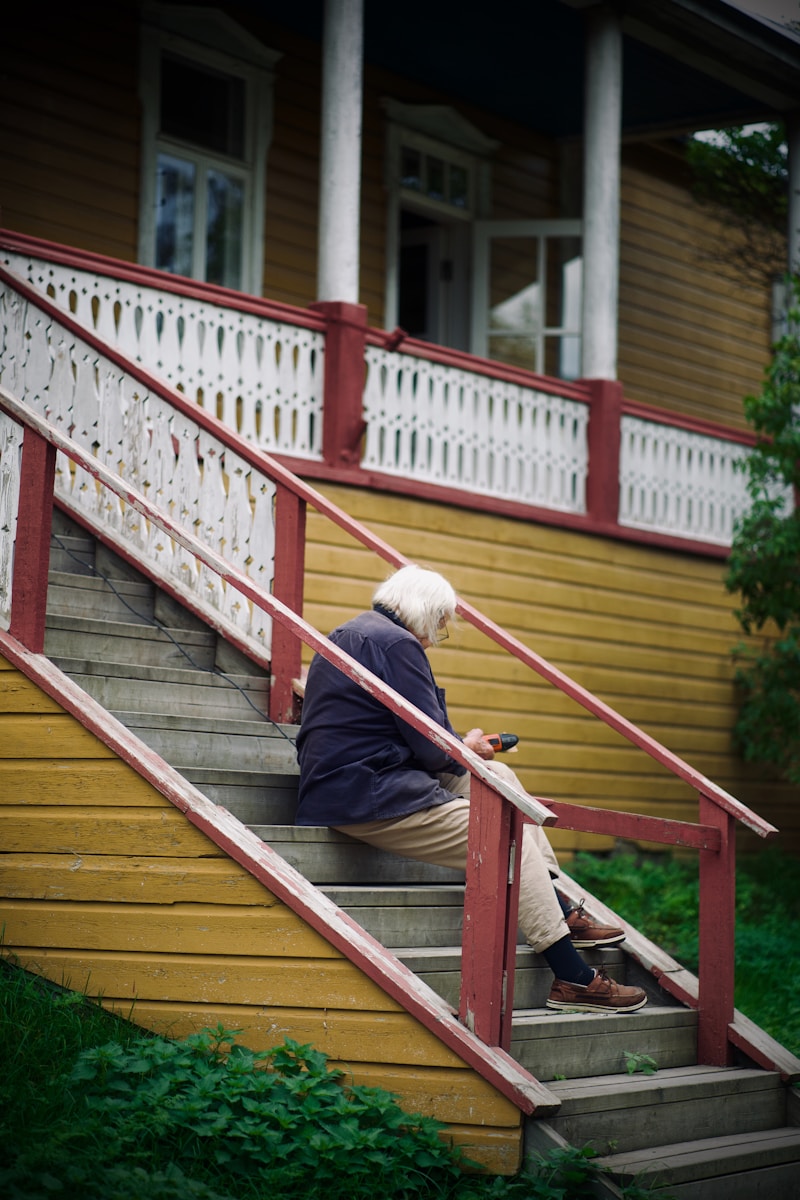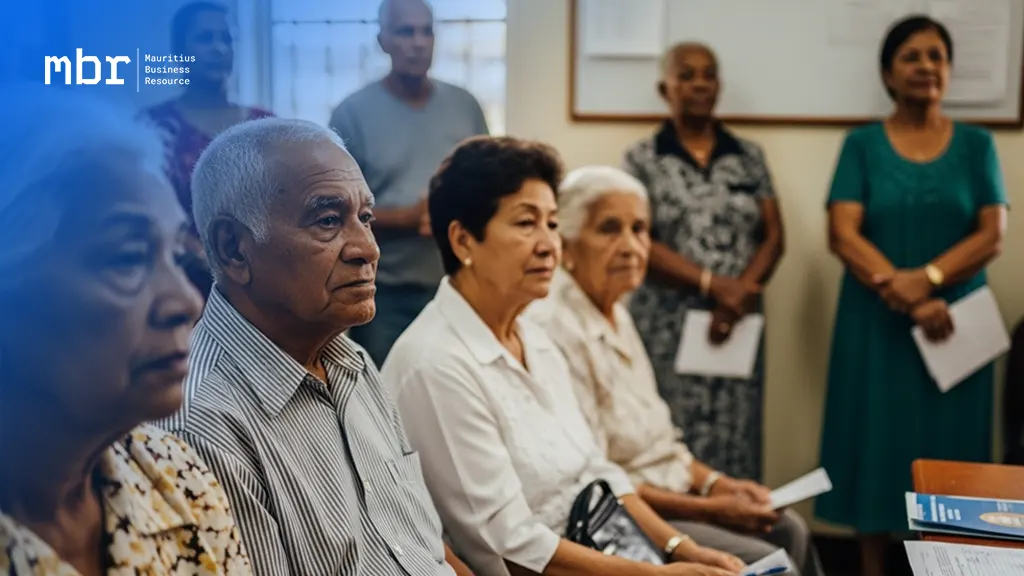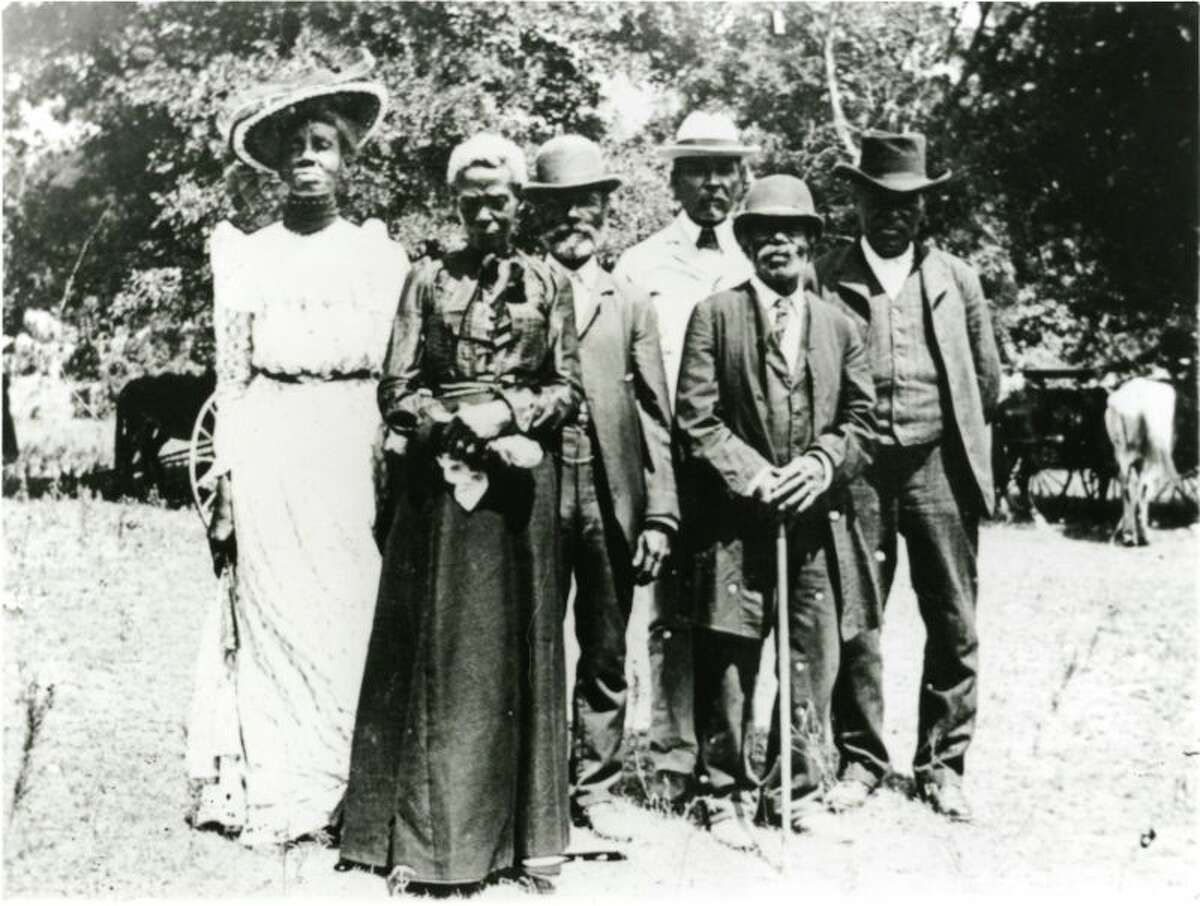Property fraud Mauritius: A Shocking Case in Roche-Bois
The discovery that an 80-year-old retiree’s home was sold without his knowledge has sent shockwaves across Mauritius. This case of property fraud Mauritius is more than a legal dispute—it is a human tragedy highlighting how vulnerable citizens, especially the elderly, can be exploited. For the retiree, the house was not only a property but a lifelong investment, a place of security, and the heart of his identity. Losing it without consent feels like a betrayal by the very system meant to protect him.
Neighbors and community members in Roche-Bois expressed outrage at how such a transaction could occur without the rightful owner’s awareness. Many see this as evidence of a wider problem: loopholes in property registration and verification processes. If an elderly man’s house can be sold without his consent, ordinary citizens fear their own rights are equally at risk.
This case underscores the need for urgent reform. Transparent processes, stricter verification methods, and accountability at every level are essential to restore public trust. The retiree’s ordeal has become a rallying point for citizens who demand stronger safeguards against property fraud in Mauritius.
Property fraud Mauritius: How the System Fails Citizens
At the heart of the Roche-Bois scandal lies a broken system that allows fraudulent transactions to slip through unchecked. In the context of property fraud Mauritius, experts point to weak regulatory oversight, outdated procedures, and sometimes even complicity among officials. These failures create fertile ground for exploitation, leaving vulnerable individuals defenseless.
Documents can be forged, signatures imitated, and legal loopholes manipulated to make fraudulent sales appear legitimate. In many cases, victims only discover the fraud after the damage is irreversible. The Roche-Bois retiree learned of the sale too late, raising questions about the effectiveness of property verification processes in the country.
The lack of digitalization in property records is another weakness. Without a modern, centralized database, fraudulent actors exploit fragmented systems. This case highlights how modernization and transparency are not luxuries but necessities for protecting citizen rights.
Property fraud Mauritius: Public Reaction and Outrage
The Roche-Bois case has triggered widespread anger among Mauritians. Citizens view the injustice not only as a personal tragedy but as a societal warning. The phrase property fraud Mauritius has become symbolic of larger fears about corruption, weak institutions, and the erosion of trust in governance. The emotional response reflects both empathy for the retiree and concern for the nation’s future.
Social media platforms have been flooded with reactions, with citizens demanding accountability and calling for protests. Many are urging authorities to investigate not just this case but other potential frauds lurking in the system. The case has also sparked heated debates about how the government protects vulnerable groups, particularly the elderly, who may lack the resources or awareness to defend their rights.
This public outrage is not just about anger; it is a demand for reform. Citizens are uniting their voices to push for systemic changes, ensuring that this retiree’s suffering becomes the last of its kind. The Roche-Bois scandal has become a catalyst for broader conversations about justice and the rule of law in Mauritius.
Legal Implications of Property Fraud in Mauritius
The Roche-Bois incident has brought to light serious legal questions surrounding property fraud Mauritius. Legal experts emphasize that while laws exist to prevent fraudulent sales, enforcement is often inconsistent, and victims face lengthy, complicated procedures to reclaim their rights. In many cases, elderly citizens are unaware of the legal tools available to protect themselves, making them prime targets for exploitation.
One major concern is the lack of preventive measures in the property registration system. The current process allows transactions to be processed without stringent verification of ownership and consent. This gap creates opportunities for fraudsters to manipulate documents and signatures, effectively circumventing the law. In Roche-Bois, the sale of an 80-year-old retiree’s home without his knowledge exemplifies this systemic vulnerability.
Lawyers and policymakers alike stress the importance of reforms such as digital property records, mandatory verification of owners’ identity, and legal assistance for vulnerable populations. Without these measures, the same patterns of abuse could continue unchecked, leaving citizens fearful and distrustful of the system.
Role of Community and Civil Society
Civil society organizations have stepped forward in the Roche-Bois case, advocating for the rights of the affected retiree and raising awareness about property fraud Mauritius. NGOs provide crucial support, including legal guidance, public education campaigns, and lobbying for policy changes. Their involvement is essential in holding institutions accountable and empowering citizens to protect their property.
Community engagement also plays a significant role. Neighbors and local groups have shown solidarity, offering emotional support to the retiree and pressuring authorities to act promptly. Grassroots movements can amplify the voices of vulnerable citizens, ensuring that injustices do not go unnoticed. The Roche-Bois case demonstrates that collective action can drive systemic change and prevent similar incidents in the future.
Education is another pillar of prevention. Programs that inform the public about property rights, fraud detection, and reporting mechanisms can reduce risks, particularly for the elderly. NGOs and government agencies must collaborate to ensure that citizens are aware of their rights and have access to timely assistance.
Financial and Emotional Consequences
The sale of the retiree’s home without consent has had devastating financial and emotional effects. Beyond the loss of property, the retiree faces uncertainty regarding housing and savings, while coping with feelings of betrayal and helplessness. Cases like this highlight how property fraud Mauritius impacts not only finances but also the psychological well-being of victims.
Families of victims are often caught in legal battles, bearing the cost of attorneys, court fees, and prolonged stress. The community also experiences ripple effects, with trust in local institutions and property markets eroding. Addressing these consequences requires a multifaceted approach, combining legal remedies, social support, and policy reforms.
Financial literacy programs and support networks can mitigate some of these impacts, teaching citizens how to safeguard their assets and detect early signs of fraud. Such proactive measures are critical for protecting vulnerable populations and restoring public confidence.
Government Response and Reforms
Following the Roche-Bois scandal, government authorities have pledged to investigate the case thoroughly and prevent similar incidents. Policies are being reviewed to ensure stricter verification of property transactions, especially for vulnerable populations such as the elderly. This response aims to restore public trust and demonstrate that the state prioritizes citizens’ rights and protection against property fraud Mauritius.
Authorities are also exploring digitization of property records and enhanced monitoring systems. By introducing more transparency into property dealings, the government hopes to reduce opportunities for fraud and empower citizens with tools to safeguard their assets. Public awareness campaigns are planned to educate retirees and other at-risk groups on recognizing and reporting suspicious activity.
Community Awareness and Advocacy
The Roche-Bois case has mobilized citizens, NGOs, and community groups to advocate for stronger protections. Awareness campaigns, workshops, and legal support initiatives are being organized to prevent future cases of property fraud Mauritius. Community engagement ensures that citizens know their rights and can act proactively if they suspect fraudulent activity.
Collaborative efforts between civil society and governmental bodies can create a more robust safety net for property owners. Citizens are encouraged to report any irregularities in transactions and seek legal advice, reinforcing a culture of vigilance and accountability.
Conclusion
The sale of the retiree’s home in Roche-Bois without his consent is a stark reminder of the vulnerabilities faced by elderly citizens and the urgent need for systemic reform. Protecting property rights is not just a legal requirement—it is a social responsibility that demands vigilance, transparency, and public participation.
By combining government reforms, civil society advocacy, and citizen awareness, Mauritius can build a stronger framework to prevent property fraud and safeguard its most vulnerable citizens. The Roche-Bois case should serve as a catalyst for lasting change, ensuring that such injustices never happen again.
For further insights on citizen rights and protections, visit our coverage in Citizen Feedback Mauritius or learn more about legal safeguards at UNODC.




